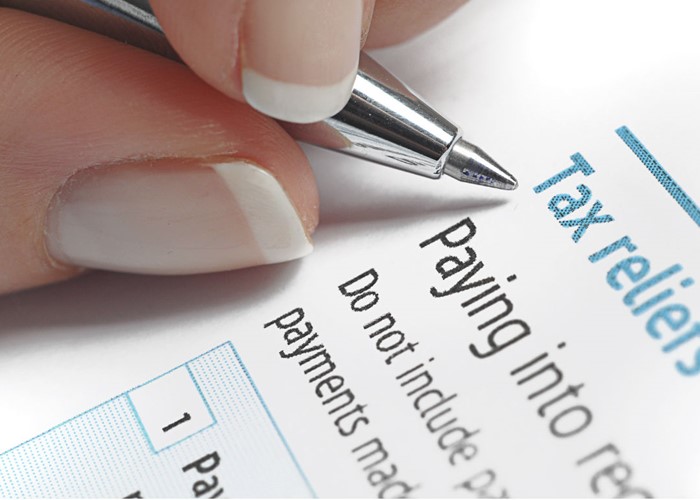The taxman is watching your eBay account!

Make a few quid selling bits and bobs on auction sites? The taxman may be interested in your earnings!
If you are a regular seller on eBay, should you be declaring your earnings? If you are making a tidy sum of money, you might need to consider your position to prevent a costly visit from the tax man at a later date.
Once upon a time, most sellers on eBay were just people getting rid of unwanted presents or junk from the loft. Nowadays, there are a lot of traders and businesses using eBay to boost their sales. This has made the site less of a bargain hunter’s paradise, but does mean that buyers enjoy full consumer protection rights when buying from a trader.
Are you a trader?
A few years ago HM Revenue & Customs (HMRC) published a guidance paper to ensure that people understood the difference between being a trader, and occasionally selling low value, unwanted items. These HMRC Guidelines state that you are a trader if:
- you purchase goods specifically for the purpose of reselling them
- you make items with the intention of selling them for profit
- you are buying or selling goods on behalf of others for financial gain
- you are providing a service and are receiving payment
Related blog post
- Ed Bowsher writes:
End pensions apartheid
Let's end discrimination against ordinary staff!
Read this post
What if you are knitting baby clothes, and selling them on line? The guidance suggests that you ought to declare this, but it can seem mad if you are only making a few hundred pounds a year. If you want to be safe rather than sorry though, then you should declare it. One straightforward option is to ring HMRC and register as self-employed. You have a tax free allowance of £6, 475, so if you are not earning over this amount you won’t pay tax, but you should still register.
Are you a Private Seller?
If you only sell the odd personal item then you will probably never even have considered the question of paying tax. The HMRC guidelines state that you are a private seller if:
- you sell occasional, unwanted personal items through Internet auctions or classified advertisements
- you attend a car boot sale once a year to sell unwanted household items.
But when does a small scale hobby become a business in the eyes of the Revenue office? It can sometimes be a grey area, but there is a real difference between selling a few random items online, and selling for profit. If you are specialising in selling one particular kind of item, have a lot of buying and selling activity, and your turnover and profit margins are healthy then think carefully. It might be time to consider the view the taxman might take if he were to become aware of your activities.
How will they find out?
Imagine you have bought a car on eBay, from a private seller, and it is a dud. The seller tells you to get lost. So, what do you do?
Find out how to cut your tax bill without the effort of complex tax planning.
One avenue is to investigate the seller’s user profile. You will be able to see the details of everything they have bought and sold over the last few months. If they are selling nothing but cars, then you can argue that they are a trader, and you will have full consumer rights against them. You might also want to let HMRC know. Vindictive? Not really. If you have been ripped off by an unscrupulous trader, then they will only get what they deserve. Your actions will make the online market place a safer and fairer place for buyers and sellers alike.
The taxman can access information on sellers in exactly the same way. There is some speculation that HMRC use this method of investigation even more over the festive season, looking for people who are buying popular items, like iPods, in bulk to sell them at a profit.
They might investigate you at random, or they might be alerted to you by high levels of feedback and apparent patterns in your sales. Or, perhaps a suspicious buyer (or someone you have sold a dodgy car to!) might have informed on you.
We have all come across people who are proud of their ‘clever’ tax evasion. Some people seem to get away with it, but they would be the first to complain about shoddy health care or poorly maintained roads, without a hint of irony. If you are lucky enough to be earning over your tax free personal allowance with your eBay sales, then you should be paying tax.
The bottom line is, when it comes to tax it is better to be safe than sorry. Ignorance of the law is not a defence. If you are at all uncertain about your eBay status, call HMRC to clarify your position.
Comments
Be the first to comment
Do you want to comment on this article? You need to be signed in for this feature